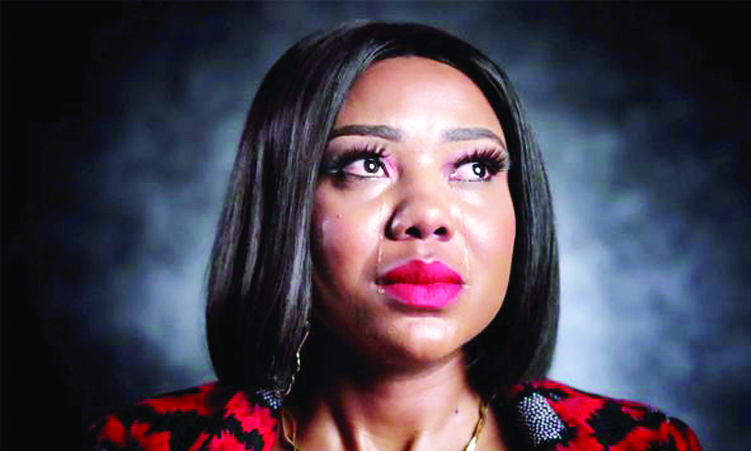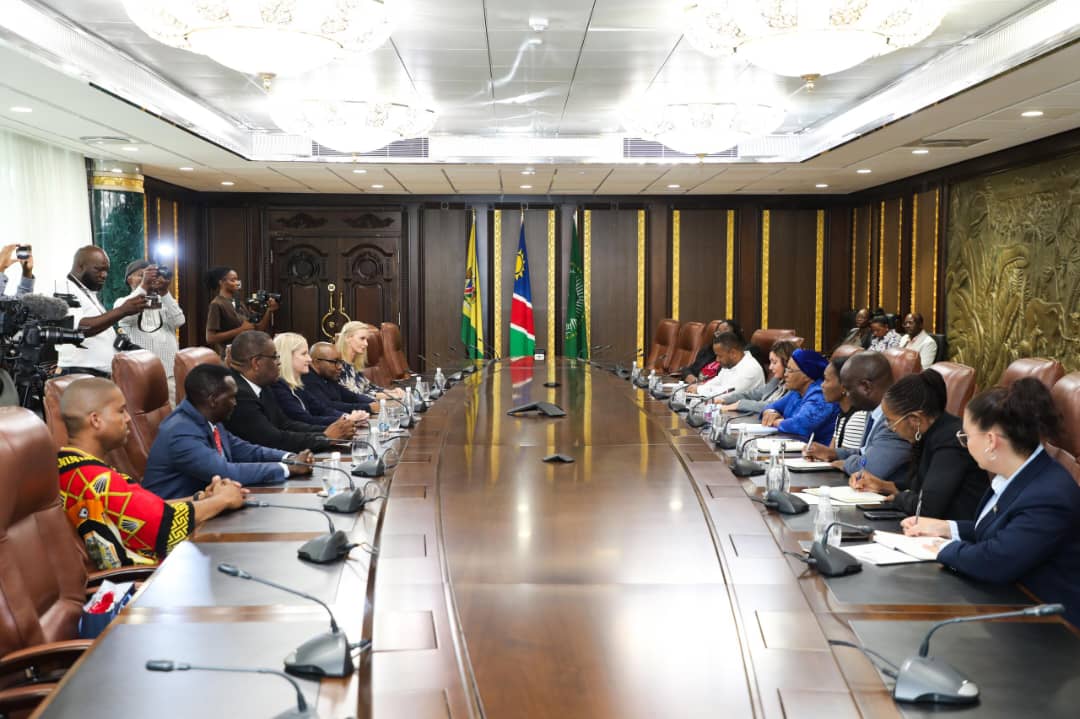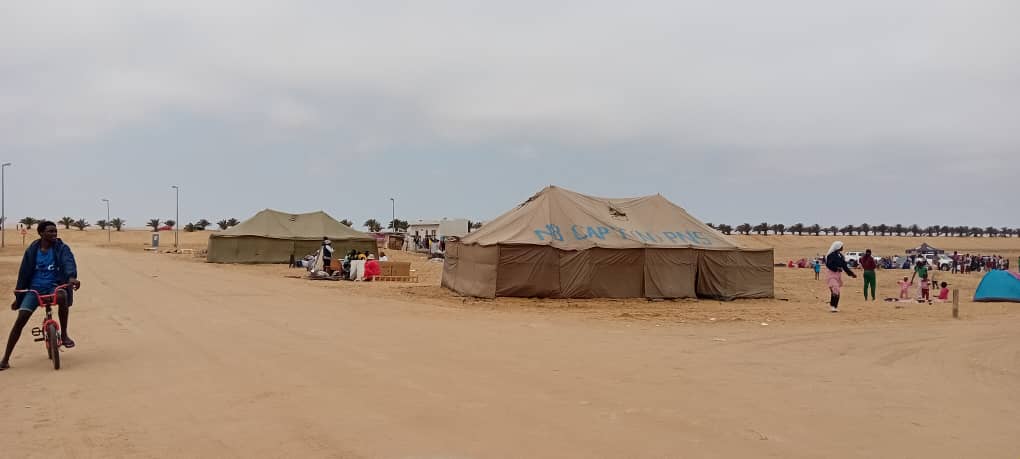Namibian broadcasting journalist Jessica Kaimu, who alleges that Nigerian televangelist Temitope Balogun (TB) Joshua raped and tortured her, has shared how she ended up at his church and how she managed to escape.
Kaimu shared her experience on the University of Namibia’s TedX channel in December, weeks before a damning BBC investigation surfaced.
She is among a group of over 25 women who claim to have been abused by the late Joshua, who was the owner of the Synagogue Church of All Nations (Scoan), a Christian megachurch running Emmanuel TV.
She referred The Namibian to her United Kingdom(UK)-based representative, who for the second time this week did not respond at the time of going to print.
Kaimu was part of the documentary exposing the televangelist, who died in 2021, as an alleged sex offender.
Kaimu on the university’s TedX channel said 14 years at the church have left her with mental health issues.
“I did not have a normal childhood. I just could not fit in and I became so depressed,” she said.
In an attempt to help Kaimu, her parents sought help.
“Everything culminated in me and my family visiting a church in Nigeria. That’s how I ended up at a religious cult,” she said.
They did not have access to their passports and phones unless given permission, she said.
“We were never free,” she said.
Kaimu’s road to freedom started with a friendship with a Nigerian national who was also a ‘disciple’ at the church.
“It was like a beautiful place where I got to know and feel my own individuality. I needed to leave,” she said.
She said to manage to communicate with her family, she had to join the church’s telephonic prayer line department.
“So I worked hard, I cut my hair. I became as ugly as he wanted me to be, and I was let go a little bit. Then he appointed me as the prayer line phone coordinator. Now I could have airtime to call,” she said.
Kaimu used a moment of electrical failure to call her parents. “I called my parents and I told them what was happening at the church and how I wanted to leave, but they needed to be very careful about this.
“I told them Mom, Dad, you have to send an email to the church to say my mother is sick and that I needed to go back home to just say my last goodbyes,” she explained.
Her plan was successful, because three days later she was called into Joshua’s office.
“So I walked in and I had to maintain my character,” she said.
Kaimu said she was escorted by six policemen.
“So we got to the airport, I checked in, boarded, and on 14 October 2013, I came back to Namibia. I was free, but at the same time really scared,” she said.
Kaimu said she then started to experience symptoms of post-traumatic stress.
‘I KNEW IT’
Meanwhile, bishop Lukas Katenda of the Reformed Evangelical Anglican Church of Namibia says he has always believed Joshua was a false prophet.
“I am not an enthusiast of those prophets and the likes for many biblical, theological, ecclesiastical and historical reasons. For this reason I do not follow or believe anything they propagate,” he says.
Katenda says it is unfortunate that the allegations come after Joshua’s death, since they serve little to no purpose.
He says allegations of sexual abuse in religious environments are well documented.
“The abuse is also happening at the well-established denominations … History has it as a fact that those churches were successfully sued years later after crimes were committed in their name and on their properties,” Katenda says.
Stay informed with The Namibian – your source for credible journalism. Get in-depth reporting and opinions for
only N$85 a month. Invest in journalism, invest in democracy –
Subscribe Now!










